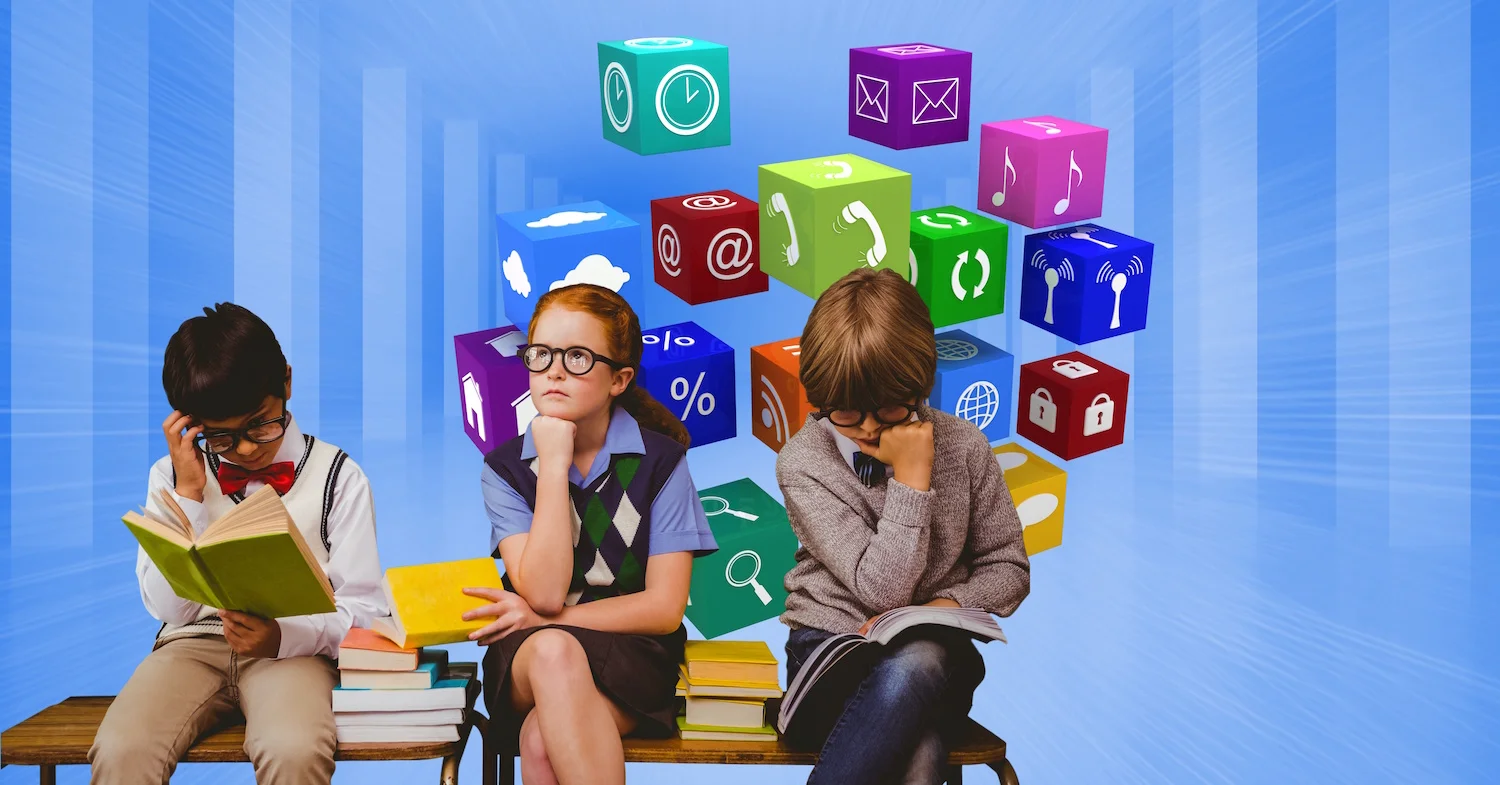Cultivating an Independent Mind Begins with a Glass of Water
/There is nothing worse than a child clinging to your side while whining for this or that, right? We've all been there.
We forget that children are capable little beings, and if they want something, they'll get it. When did your three-year-old need help getting the chocolate bar off the kitchen counter or getting a cookie out of the cookie jar?!
Curiously, children never ask us to help them get things they know we don't want them to have; instead, they get it for themselves because they know that we will not.
Yet when it comes to something as simple as a glass of water, suddenly, they are helpless as a newborn babe in a mother's arms.
Being busy and preoccupied, we seldom stop to think about whether or not our child is capable of getting his own glass of water; we automatically get it for him.
And herein lies the problem: the more we do for our children, the less they do for themselves. Isn't this true in life for adults too?
If someone offers to cook us dinner, we aren't going to refuse, are we? But if they didn't offer, we'd get up and cook it ourselves.
If someone suggested we go out for the day while they come over and clean our entire house, we aren't going to complain, are we?
But if no one cleans our house, unless we have a housecleaner, we will clean it ourselves, won't we?
Why do we think children will act differently when we offer to assist them or comply to their demands just because they asked?
“A person’s a person, no matter how small.”
Children are people in little bodies, as Dr. Seuss liked to remind us. Do more for them, and they'll do less for themselves, that's why you want to teach them as early as possible to get their own glass of water.
And while you're at it, teach them to make their bed, put their clothes away, and get their own snacks too!
They are perfectly capable of doing these things as long as things are within their reach, and then you show them exactly how to do it.
Raise them to understand that you expect them to attend to their own needs as much as they are able.
Don't entertain the idea that they are not capable or that you are a bad parent by not excessively catering to your children’s whims.
Here's a novel idea for you instead: you don't meet their demands all day long, but you have them meet yours. Teach your children to get you a glass of water and a snack when you are busy!
It might sound like child labor to some, but the truth is, it's the best thing for the child's character. The more they learn to serve and take care of others, the more polished their characters will become.
“Character cannot be developed in ease and quiet. Only through experience of trial and suffering can the soul be strengthened, ambition inspired, and success achieved.”
This isn't to suggest that you treat your child like a servant, not at all. But if you're lying down reading a book, and your child is playing quietly beside you, you could say something like, "Sweetie, please get me a glass of water."
When he or she brings you the glass of water, look them in the eyes, smile, and with a real sense of appreciation, say "thank you. How sweet of you to get a glass of water for Mommy (or Daddy)."
And watch your child's face light up.
You aren't a brute, you are letting your child help relieve your thirst, and we all feel better when we help others. Children love to help, and they take pride in being able to do grown-up things "all by myself."
Your child just learned that it feels good to do a kind thing for another person, and children who do kind things for other people grow up to be kind adults. That's how character development works.
So why not let them? Why coddle children when it only leads to a sense of entitlement and bad character?
“He that cockers his child provides for his enemy.”
Join Elizabeth’s signature parenting course: Raise Your Child Well to Live A Triumphant Life. Enrollment is open through midnight, October 9, 2020.
Get your free copy of How to Raise a More Intelligent Child and an Excellent Reader? It comes with an 80+ book list of carefully chosen books to support your child’s intellectual development.
Elizabeth Y. Hanson is a Love and Leadership certified parenting coach, with 17 years experience working in children’s education, and a complimentary background in holistic medicine.
*All links used are Amazon affiliate links.












































